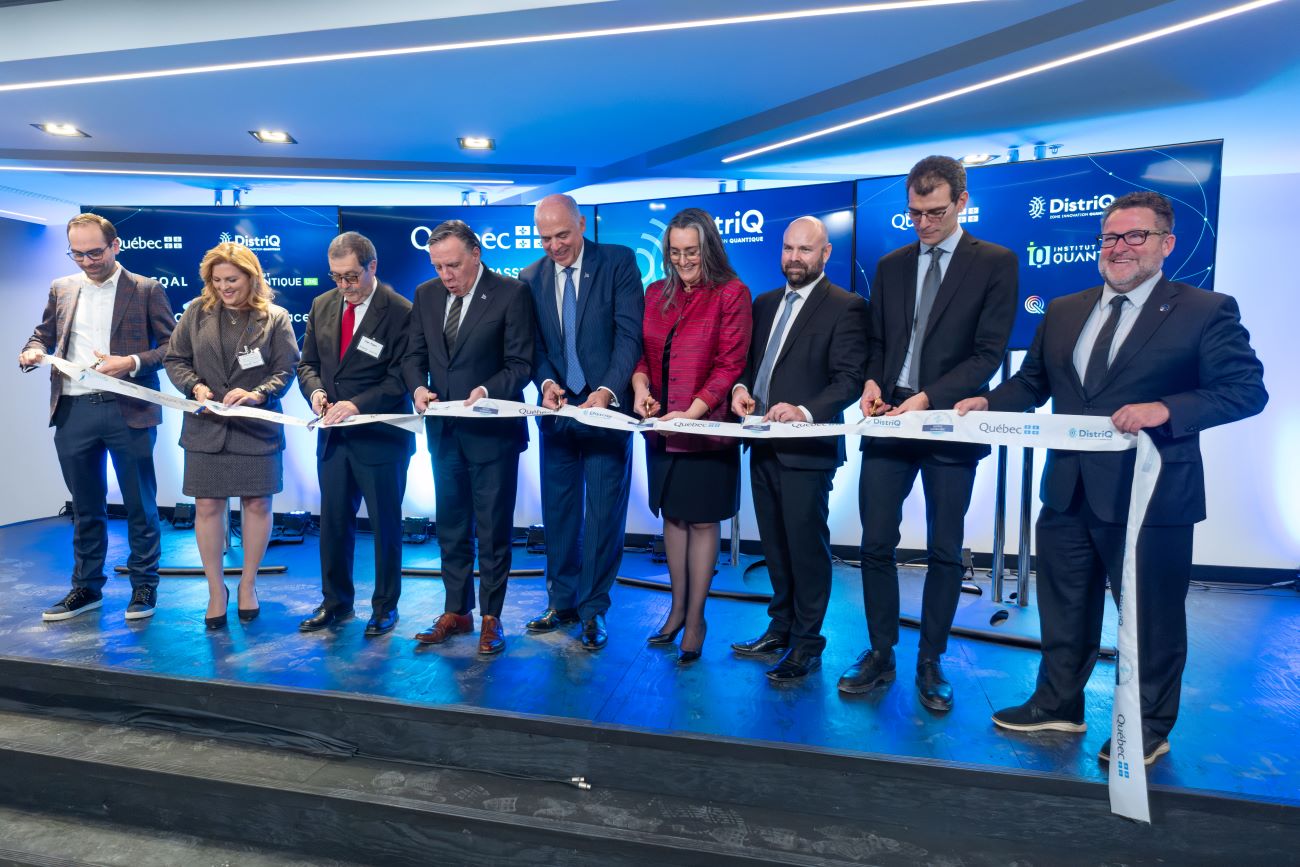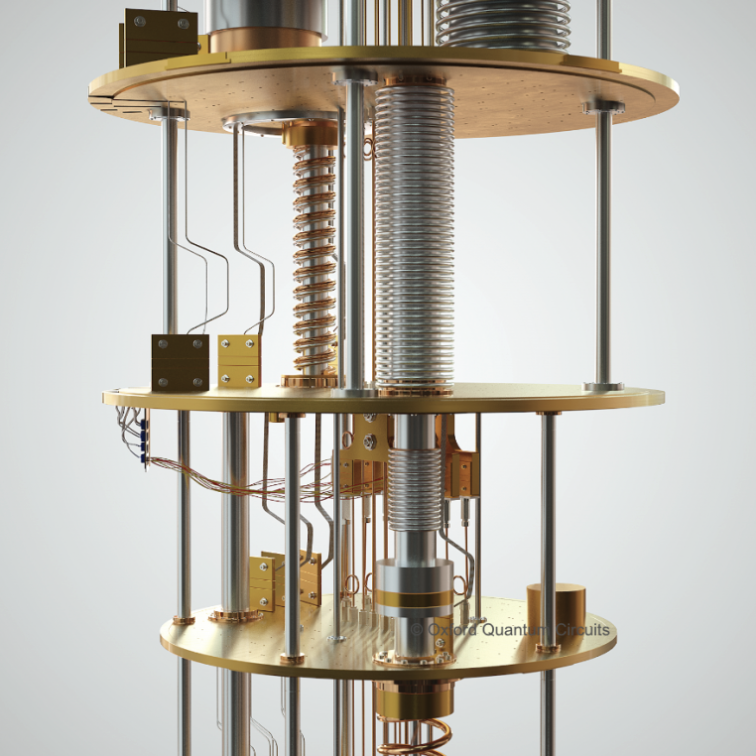Category: Quantum Companies
Quantum companies are an innovative group of businesses that operate within the field of quantum computing, harnessing the unique properties of quantum mechanics to achieve advancements in various sectors. These companies are typically categorized into several sub-categories based on their specialized areas. Quantum cryptography companies, for example, focus on developing ultra-secure communication systems, leveraging the principles of quantum mechanics to create encryption keys that are nearly impossible to crack. Quantum security companies, while overlapping with cryptography, have a broader scope and may also work on securing quantum computers themselves, developing post-quantum cryptography for classical systems, or providing consulting services on quantum risk and strategy. Meanwhile, quantum cloud companies provide quantum computing power as a service, allowing users to run algorithms and experiments on quantum hardware via the cloud. This quantum-as-a-service model democratizes access to quantum computing, bypassing the need for individual entities to own and maintain these complex, expensive systems.










